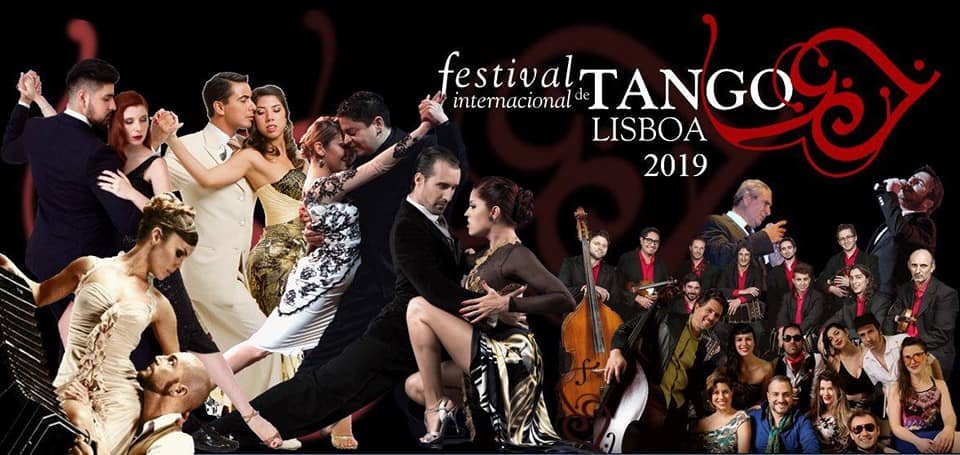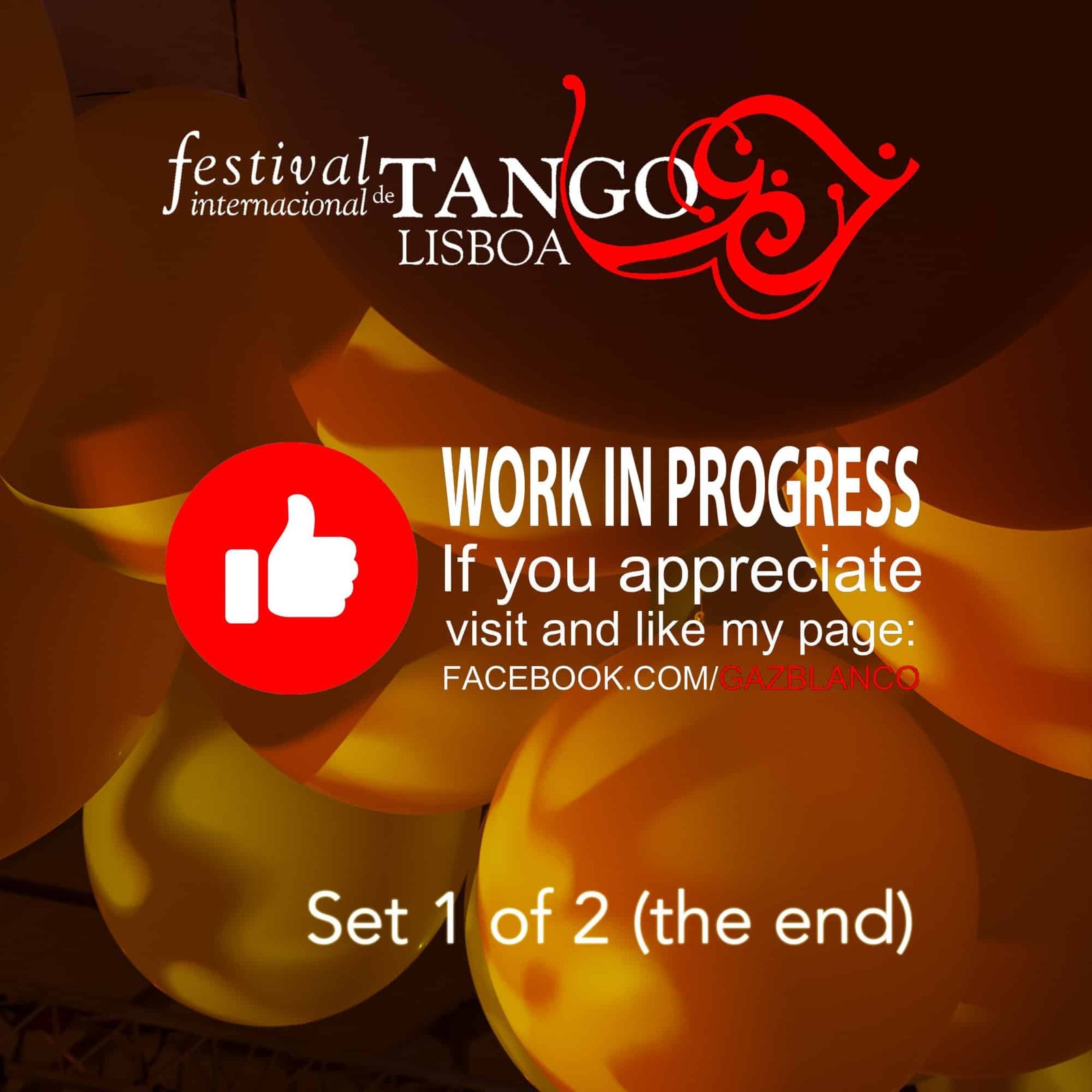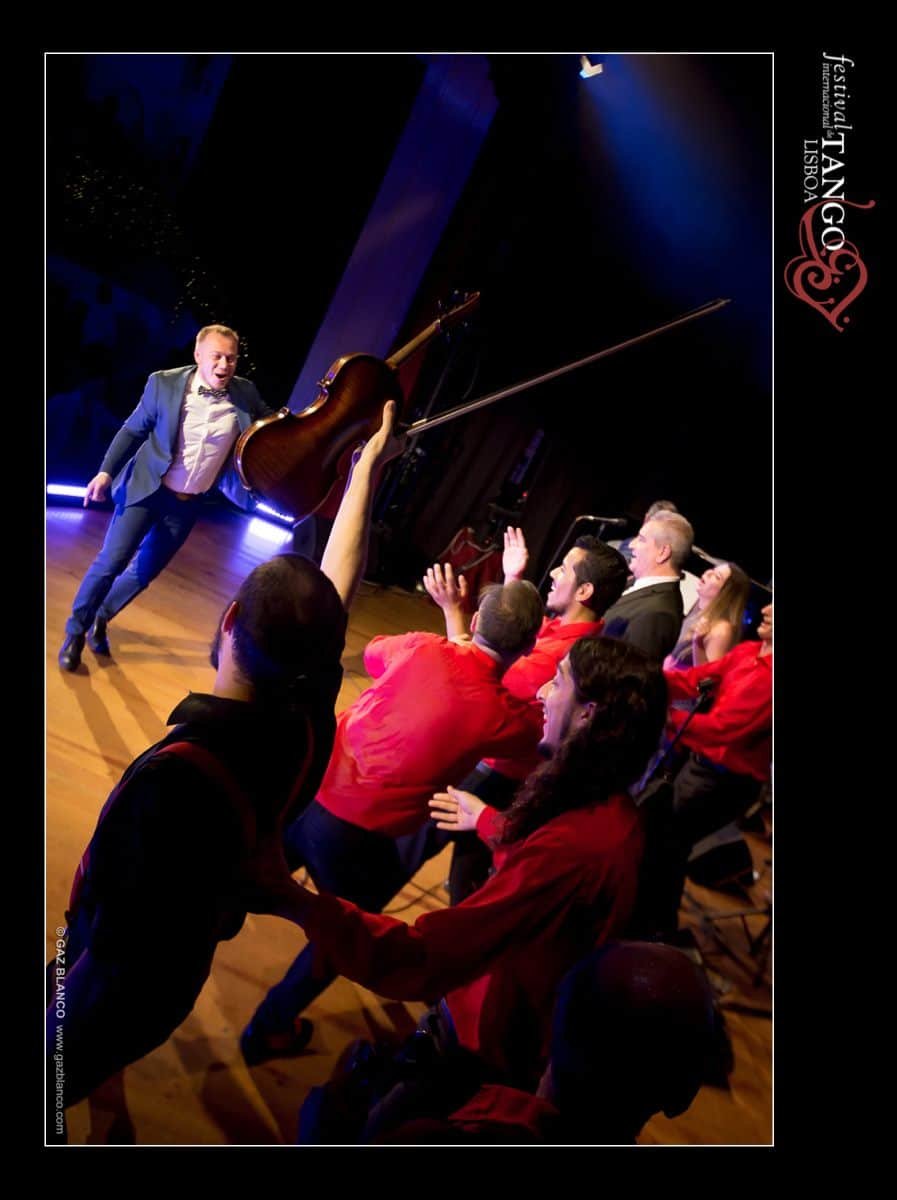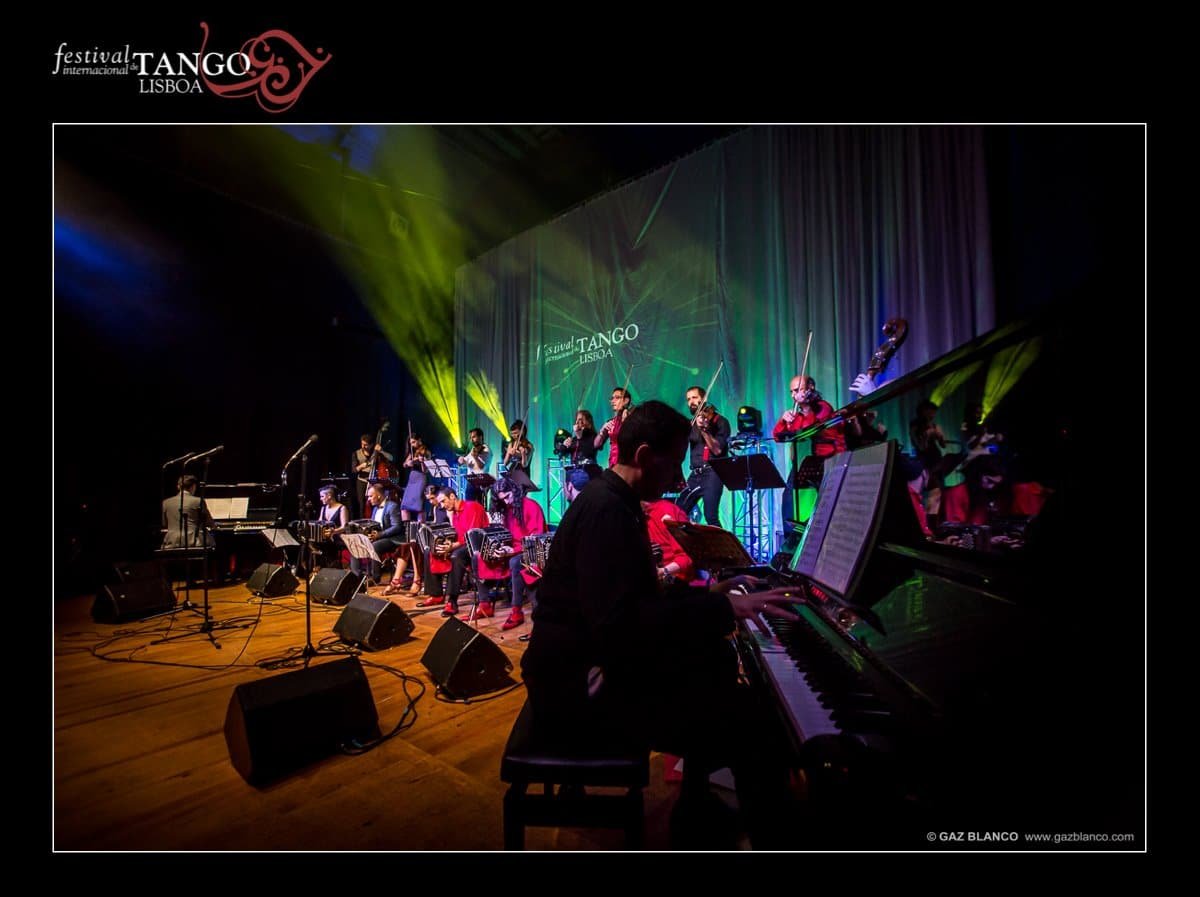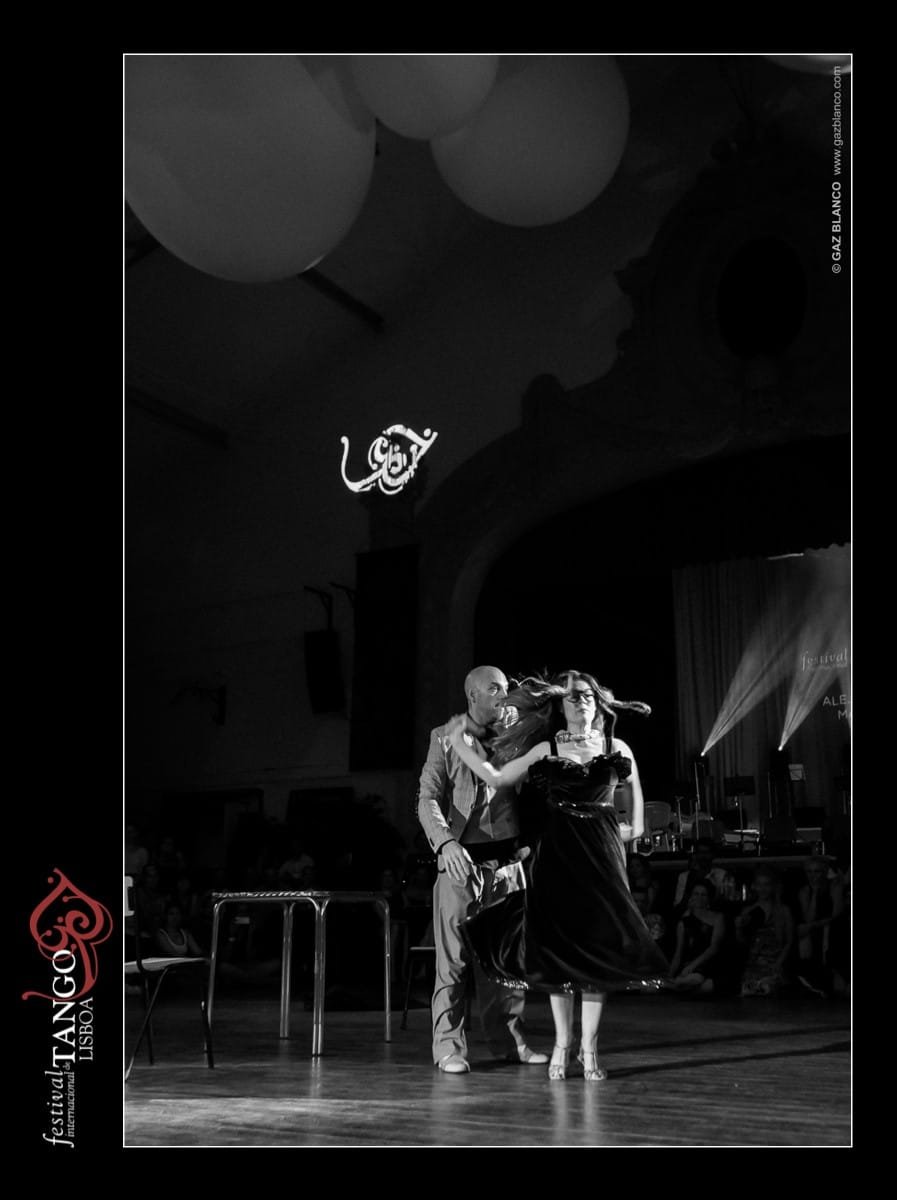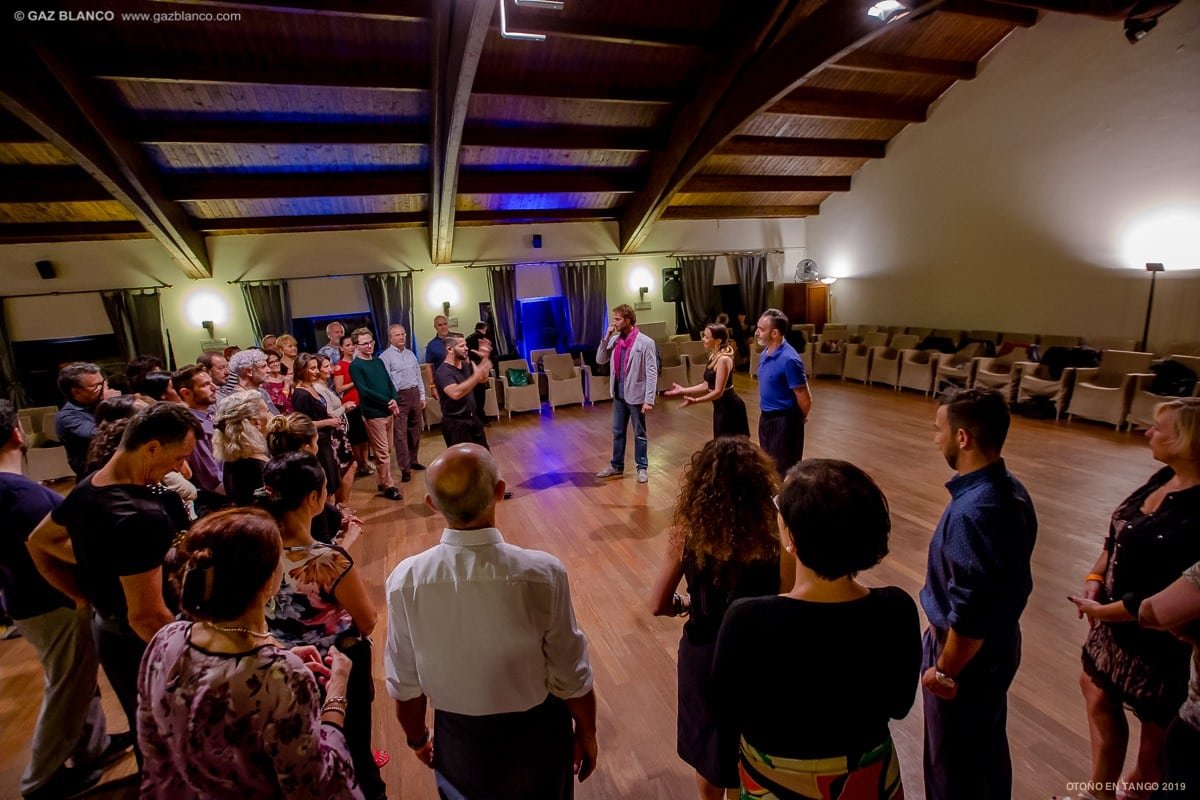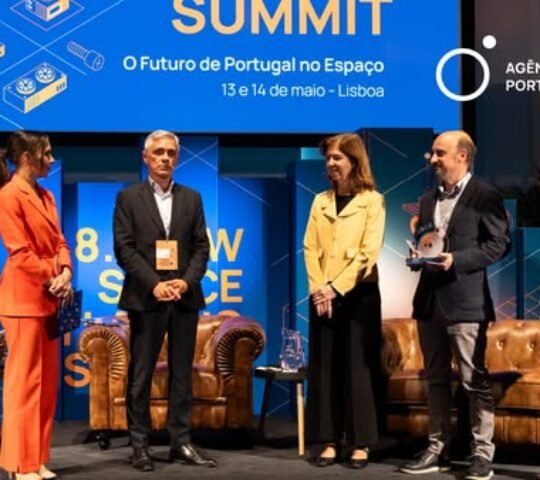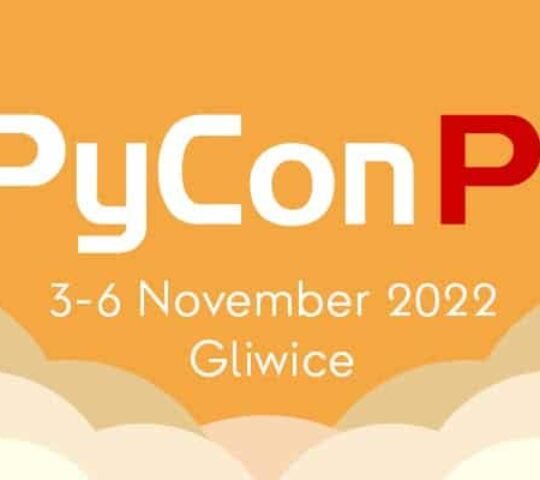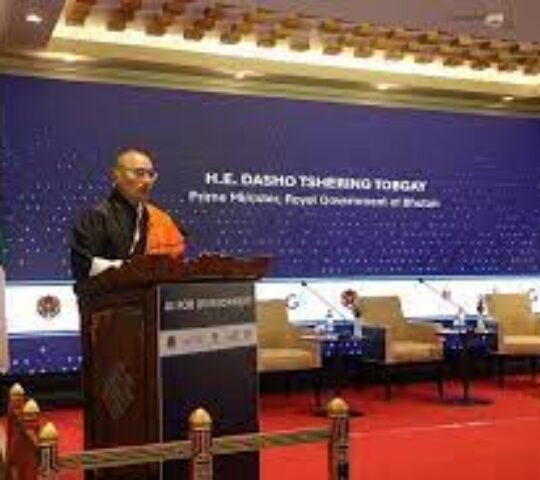Lisbon Tango Festival – Portugal 2026
Background & History
The Lisbon Tango Festival, officially known as the Festival Internacional de Tango de Lisboa (FTL), is Portugal’s premier celebration of Argentine tango, blending the passionate rhythms of Buenos Aires with Lisbon’s historic soul. Founded in 2005 by Lusitango – Associação Cultural e Recreativa de Tango Argentino – it emerged as a response to growing tango enthusiasm in Europe, inspired by Lisbon’s multicultural heritage as a former maritime empire that bridged South America and Iberia. The inaugural edition featured modest milongas (tango social dances) in central venues, drawing 500 attendees, but quickly expanded amid tango’s global surge post-2000s films like Take the Lead. By 2010, it had become an annual fixture, attracting 2,000+ dancers from 30 countries, with live orchestras and maestros from Argentina, Uruguay, and beyond.
Now in its 22nd edition for 2026, the festival honors tango’s 130-year evolution—from 19th-century immigrant bordellos in La Boca to UNESCO Intangible Cultural Heritage status in 2009—while infusing Portuguese fado elements for a unique Lusitano twist. Held in Lisbon’s Alfama district, a Moorish-era labyrinth of azulejo tiles and fado houses, it promotes cultural exchange through workshops, performances, and milongas until dawn. Past highlights include collaborations with legends like Gustavo Naveira and Giselle Anne Barbier, fostering a community that sustains year-round tango schools via Lusitango. Economically, it injects €500,000+ into local tourism, supporting 50+ vendors and elevating Lisbon’s status as a European tango hub alongside Buenos Aires and Helsinki. The 2026 theme, “Tango & Fado Fusion,” builds on 2025’s success, emphasizing sustainability with zero-waste milongas and digital programs, reflecting tango’s resilient spirit amid global challenges.
This growth mirrors Lisbon’s revival as a creative capital—post-1755 earthquake and 1974 Revolution—where tango workshops now dot neighborhoods like Bairro Alto. With 55+ hours of dancing, 20+ maestros, and partnerships with Argentine consulates, FTL not only preserves tango’s cabeceo (eye-contact invitation) etiquette but evolves it into an inclusive, intergenerational dialogue, drawing families, professionals, and novices to the city’s soulful streets.
Enjoy Your Event Stress-Free with Euro Travelo
Planning a trip to attend a festival, concert, or business event in Europe can be overwhelming—tickets, travel, accommodation, and local logistics all take time and effort. Euro Travelo makes it simple by providing everything you need through one trusted company. You save time, avoid stress, and enjoy a seamless experience from start to finish.
Why Choose Euro Travelo:
- Secure and easy ticket booking for concerts, festivals, theaters, and business events.
- Complete travel planning including flights, trains, and local transportation.
- Accommodation arrangements near event venues, tailored to your needs.
- Convenient local transfers, from airport pickups to private shuttles.
- On-site concierge support to help you navigate venues and schedules.
- Custom itineraries and experience packages combining multiple events, tours, and activities.
- Secure payment process, making it safe and convenient to book all services online.
- Flexibility: even if you need only one service, we can assist individually.
Event Highlights
- Main activities or performances: Over 60 workshops (1h15m each) led by 20+ international maestros, covering levels from beginner salon tango to advanced nuevo techniques like colgada and volcada; evening milongas (social dances) until sunrise with live DJs and orchestras blending Astor Piazzolla scores with fado guitars; a spectacular Tango & Fado stage show on opening night (June 3, 21:00) featuring pairs like Sebastian Arce & Mariana Montes, accompanied by Portugal’s Rodrigo Serrão on bass.
- Special traditions or features: The “Cabeceo Challenge” during milongas encourages traditional eye-contact invitations, with prizes for inclusive dancing; afternoon milongas (relaxed, 16:00–20:00) in intimate venues foster community bonding; the “Fusion Gala” finale (June 7) merges tango vals with fado lyrics, including guest appearances from Lisbon’s fado houses; eco-initiatives like reusable cortinas (tango interludes) playlists promote sustainability.
- Unique attractions for visitors: Four afternoon milongas with thematic cortinas (e.g., “Golden Age Tango”); guided fado-tango tours of Alfama’s hidden alleys; family-friendly kids’ intro classes blending tango steps with Portuguese folk dances; pop-up markets for Argentine empanadas and local ginjinha; AR app for virtual milonga etiquette lessons, turning passive viewers into active participants in Lisbon’s tango renaissance.
Date & Duration
Dates: June 3 – June 7, 2026 Duration: 5 days (Wednesday–Sunday: workshops 14:00–19:00 daily; evening milongas 22:00–05:00; afternoon milongas 16:00–20:00 Thursday–Sunday; stage show Wednesday 21:00; finale Sunday brunch milonga 12:00–16:00)
Venue / Location
The festival centers on Voz do Operário, a historic 19th-century workers’ society building in Lisbon’s Alfama district, a UNESCO World Heritage site famed for its seven hills, fado haunts, and Moorish arches. The main venue—Noble Salon on the 3rd floor (Rua Voz do Operário, 13, 1100-554 Lisboa)—hosts milongas and the gala show in a grand ballroom with vaulted ceilings and wooden floors ideal for tango’s precise steps. Workshops spill into nearby halls like Teatro Nacional D. Maria II (500m away) and intimate studios in Graça neighborhood. Afternoon milongas rotate through Alfama’s azulejo-adorned cafes, creating a pedestrian-friendly 1 km² circuit amid trams and viewpoints. Accessibility includes elevators and ramps; the site’s flat upper floors suit all levels, with shaded plazas for cortina breaks. This cultural epicenter, tied to Lisbon’s labor history, amplifies tango’s immigrant roots. Google Maps Address: Voz do Operário, Rua Voz do Operário 13, 1100-554 Lisboa, Portugal
Ticket Information
- How tickets are sold: Online via https://www.lusitango.com/registration-ticketing (e-tickets emailed post-payment, QR entry; early bird until March 20, 2026); on-site at reception desk (3rd floor, Voz do Operário, +€3 fee/transaction); group bookings (5+) via reg.lusitango@gmail.com; partner-matching via Facebook group “Sharing for Lisbon Tango Festival”; lotteries for gala VIP tables announced on @lisbontangofestival Instagram.
- Whether admission is free or paid: Paid for classes, milongas, show; free entry to peripheral markets and fado-tango tours (capacity-limited); children under 12 free for milongas with adult.
- Ticket pricing in USD only: Stage Show: Balcony $27.00 USD (€25); VIP Table (4 seats + champagne) $108.00 USD (€100). Evening Milonga: $16.20–$21.60 USD (€15–€20); Table Add-On (4 seats): $32.40 USD (€30). Afternoon Milonga: $10.80 USD (€10). Workshop (per class): $21.60 USD (€20); 5-Class Pass: $81.00 USD (€75). Full Festival Pass (all milongas + 5 classes): $162.00–$216.00 USD (€150–€200). Early Bird Discount: 20% off until March 20, 2026. Minimum pricing: $10.80 USD (afternoon milonga). Maximum pricing: $216.00 USD (full VIP pass).
- Any special seating or VIP options: VIP show tables ($108.00 USD) include dance-floor seating and shared champagne; milonga tables ($32.40 USD add-on) for exclusive groups of 4; 50% off for students/seniors (ID at desk); accessible 1+1 free for disabilities (email reg.lusitango@gmail.com); partner passes for couples 10% off; on-site sales first-come, first-served, with €3 fee.
Contact Information
- Email: info.lusitango@gmail.com (general inquiries, program); reg.lusitango@gmail.com (registration, payments, tickets); exhibitors.lusitango@gmail.com (vendors, sponsors).
- Phone: Not specified; contact via email or Facebook for urgent matters; during festival: +351 912 345 678 (reception desk, Portuguese/English/Spanish, 13:00–24:00).
- Website: https://www.lusitango.com (program PDF, tickets, maps); https://www.facebook.com/groups/lusitango (community sharing, updates).
- Social Media: @lisbontangofestival (Instagram for maestro spotlights, live cortinas); Facebook Group: Sharing for Lisbon Tango Festival (partner matching, tips).
- Key Staff: João Santos (Festival Director, Lusitango President); Maria Fernandes (Programming Coordinator, maestros liaison); Ana Costa (Registration Lead, accessibility).
- Press/Volunteers: Press via info.lusitango@gmail.com (accredited badges, interviews); 100+ volunteer roles (greeting, floor management) via reg.lusitango@gmail.com (€20/day stipends, apply April 2026).
- Note: 24–48-hour responses; reception desk hours: Wed 15:00–24:00, Thu–Sun 13:00–19:30 & 21:30–24:00; multilingual support; spam-check for tickets; no refunds post-festival start.
Cultural Experience
The Lisbon Tango Festival immerses visitors in tango’s seductive embrace, fusing Argentine boleos (whips) with Lisbon’s fado melancholy in Alfama’s labyrinthine streets—once a Moorish medina, now a tapestry of 12th-century arches and revolutionary echoes. This UNESCO-listed district, birthplace of fado in the 1840s, hosts tango as a dialogue between Europe’s oldest capital and Buenos Aires’ immigrant soul, evoking saudade through dramatic dips and poetic glances.
Traditions thrive in milongas’ sacred ronda (line-of-dance), where cabeceo invites partners amid cortinas of Amália Rodrigues fado clips, fostering inclusivity in a city that welcomed tango pioneers in the 1910s. Evening sessions in Voz do Operário’s gilded salon— a 1870s workers’ hall—feature live bandsones (tango accordions) blending Piazzolla’s nuevo with Portuguese guitar rasgueados, as dancers in elegant fedoras and slit skirts navigate the floor like Alfama’s trams.
Costumes evoke golden-age glamour: leaders in pinstripe suits, followers in red tangos, nodding to Gardel’s 1930s films; workshops revive milonguero closeness, with maestros demonstrating ochos (figure-eights) inspired by Lisbon’s hilly viradas (turns). Afternoon milongas in sun-dappled cafes honor local customs, pairing tango with ginjinha toasts, while the gala fuses fado divas like Mariza with tango couples, creating hybrid vals-fado sets.
For deeper immersion, AR tours trace tango’s path from 1880s portenos to Lisbon’s 1920s salons, with braille programs and sign-language intros ensuring accessibility. Families join kids’ playful steps, blending tango’s storytelling with Portuguese folktales, culminating in sunrise abrazos (embraces) that embody Lisbon’s resilient, passionate heart—a bridge between continents in eternal motion.
Food & Drinks
- Must-try specialties: Argentine empanadas de carne ($5.40 USD) stuffed with spiced beef at milonga stalls; Portuguese bacalhau à tangueira (cod with tango-inspired herb rubs, $10.80 USD); vegan provoleta (grilled provolone with chimichurri, $6.50 USD).
- Savory-sweet pairings: Fado-tango fusion platters: chorizo skewers with Algarve figs ($7.50 USD); live demos of dulce de leche alfajores alongside pastéis de nata ($4.30 USD); gluten-free quinoa salads with tango-spiced vinaigrette.
- Signature drinks: Ginjinha cherry liqueur in chocolate cups ($2.15 USD), tango’s nightcap; Malbec wine flights from Argentine partners ($8.65 USD/glass); non-alcoholic yerba mate infusions with lemon verbena ($3.25 USD); cortina toasts with Super Bock beer.
- Baked goods and more: Bolo de tango (chocolate tango cake, $3.25 USD); vegan medialunas (Argentine croissants with local honey); kid-friendly mini-empanadas ($1.08 USD); 15+ stalls emphasizing zero-waste, with Alfama olive tapas.
Getting There
- Nearest airports: Lisbon Humberto Delgado (LIS, 10 km, 15-min taxi €10–$10.80 USD); Cascais (CAT, 30 km, 30 min).
- Public transport: Metro (Green Line) to Intendente (€1.50 USD, 10 min from airport), then 300m walk to Voz do Operário; trams 12E/28E from Baixa (€3 USD, 15 min); Uber/Bolt €5–7 USD from center.
- By car: A1 from north (Exit 5 to Lisbon center, 10 km); limited parking at Alfama lots (€2.15 USD/hour, 5-min walk); car-sharing via Bolt (€8.65 USD/day).
- Other options: Walking tours from Chiado (€0, 20 min); festival shuttles from LIS (€5.40 USD, book via lusitango.com); bike rentals in Alfama (€10.80 USD/day); EcoBici passes for green commutes.
Accommodation Options
- Luxury stays: Memmo Alfama ($162–$324 USD/night), boutique with Tagus views, rooftop fado bar, and tango packages; Four Seasons Ritz ($216–$432 USD, 2 km), Art Deco elegance with spa.
- Mid-range hotels and guesthouses: Hotel Santa Justa ($108–$194 USD, Chiado, 1 km), historic with courtyard milongas; Santiago de Alfama ($97–$162 USD), 15th-century manor with azulejo rooms.
- Budget and family options: Alfama Patio Hostel ($32–$65 USD), dorms with shared kitchens; family apartments via Airbnb ($54–$108 USD, 500m from venue); guesthouses like Pensão Ninho das Águias ($43–$86 USD).
- Additional tips: Book 6 months early via Booking.com for 15% festival discounts; tango-themed Airbnbs with private salons; pet-friendly options in Graça; eco-lodges emphasize reusable amenities.
Maps
Contact
Video
FAQ's
Where can I buy tickets for Lisbon Tango Festival 2026, and what’s included?
Online at https://www.lusitango.com/registration-ticketing (QR e-tickets, 20% early bird until March 20, 2026) or on-site at Voz do Operário (+€3 fee); $10.80–$216.00 USD range. Evening milonga ($16.20 USD) covers dance until sunrise; full pass ($162.00 USD) includes 5 classes + all milongas; show VIP ($108.00 USD) adds table/champagne; partner registration via Facebook group.
What are the 2026 dates, and how flexible are tickets for classes/milongas?
June 3–7 (5 days, workshops 14:00–19:00, milongas 22:00–05:00); full pass allows all events; single milonga ($16.20 USD) date-specific; classes ($21.60 USD each) no partner needed but respect levels; kids under 12 free for milongas; tables ($32.40 USD add-on) bookable online, first-come on-site.
Is the festival accessible for beginners, partners, or reduced mobility, and discounts?
Beginner-friendly workshops; register solo (use Facebook for partners); ramps/elevators at Voz do Operário; 1+1 free for disabilities (email reg.lusitango@gmail.com); 50% off students/seniors; IPSS groups 20% off; braille programs available.
How do I get to the venues, and what’s the reception desk setup?
Metro to Intendente (10 min from LIS, €1.50 USD); reception at Voz do Operário (Wed 15:00–24:00, Thu–Sun 13:00–19:30/21:30–24:00) for tickets/pickup; walkable 500m circuit; shuttles from center €5.40 USD.
What if classes/milongas sell out, and are there food/drink options?
Online early bird secures spots (weekend milongas sell out); on-site first-come (+€3); 15+ stalls with empanadas ($5.40 USD), ginjinha ($2.15 USD); vegan/gluten-free available; reusable mugs mandatory for zero-waste.

